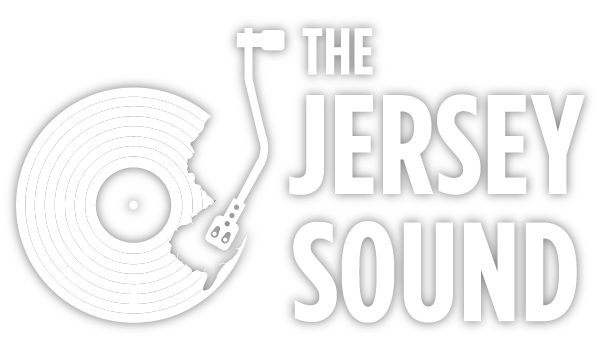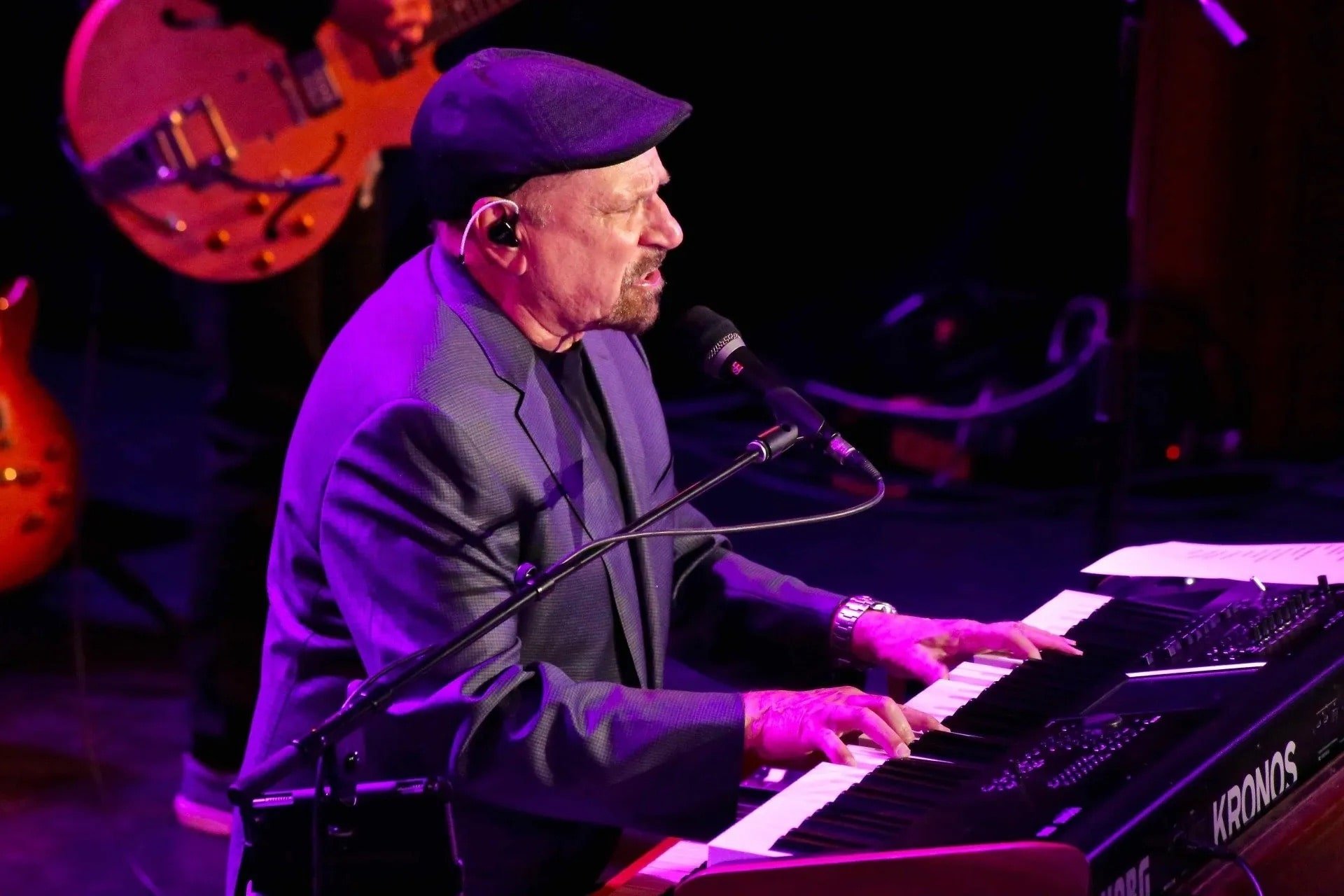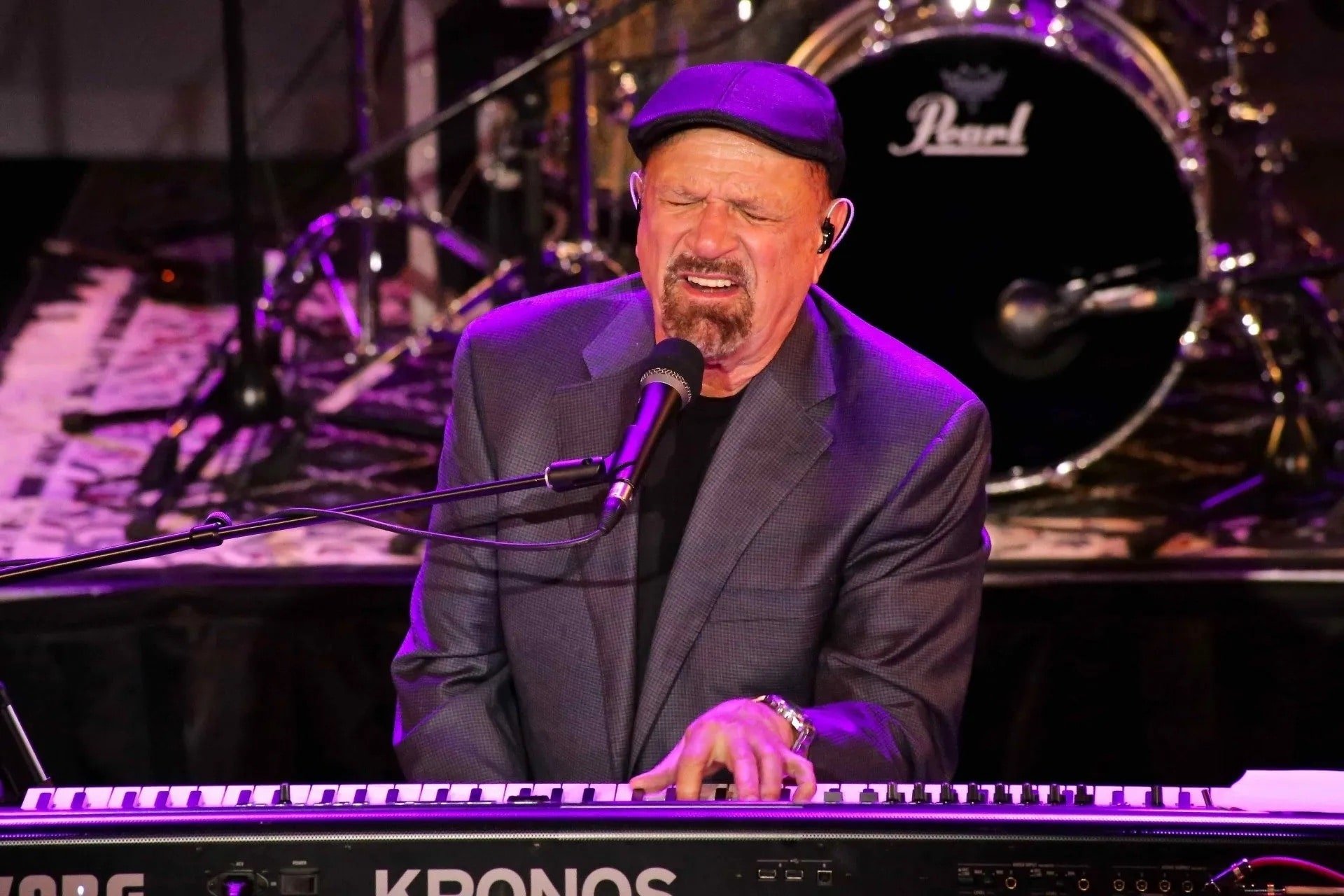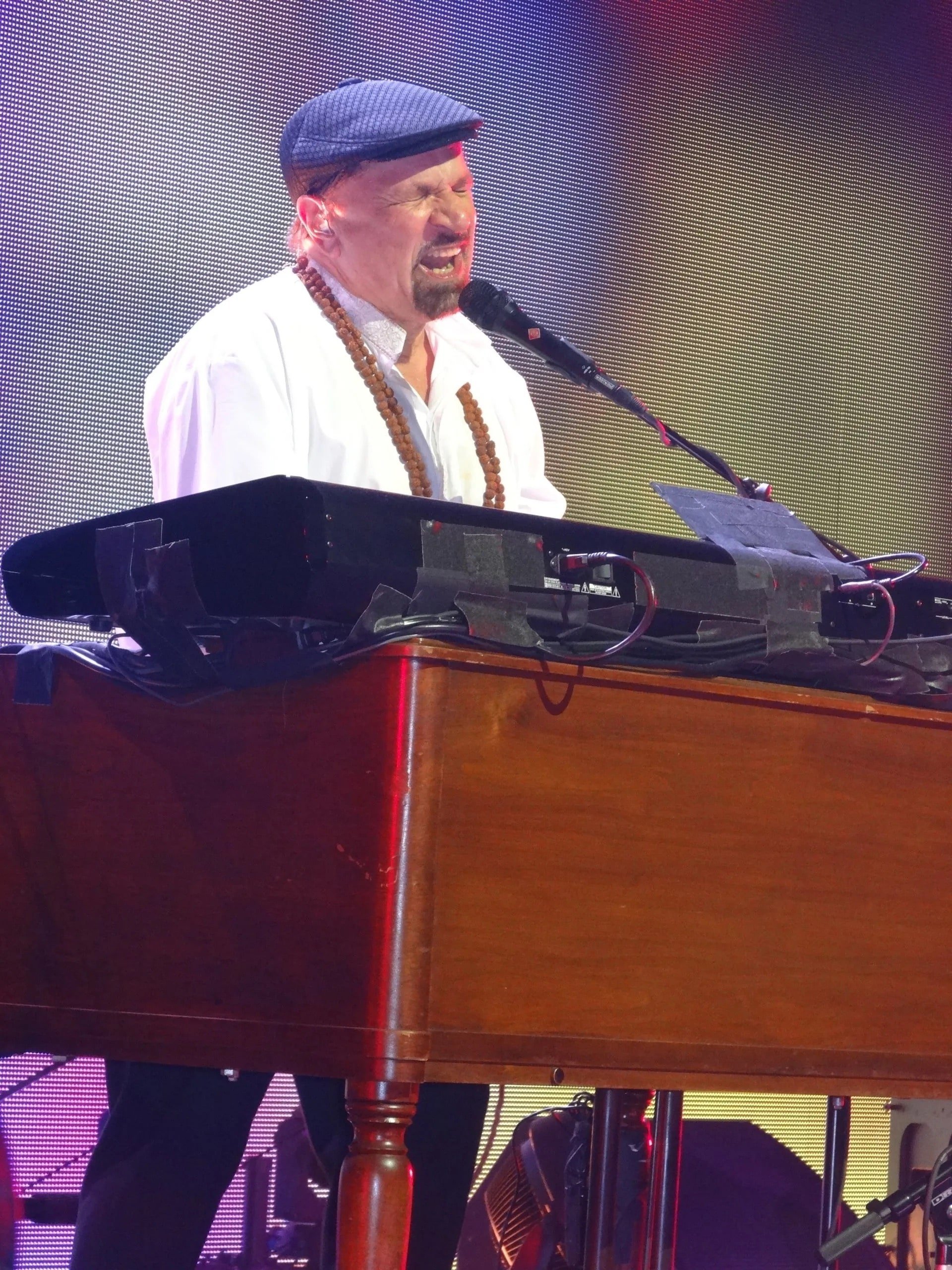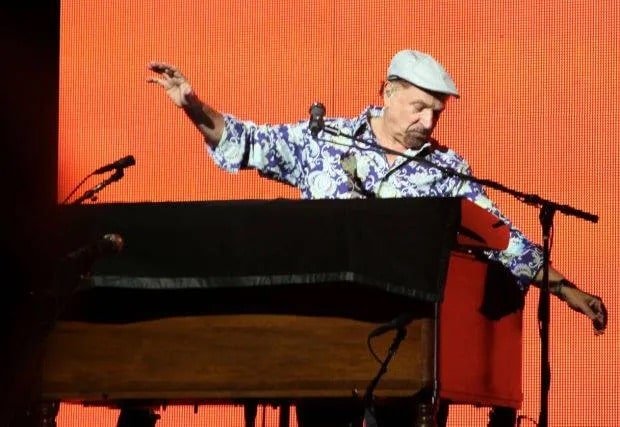Hall of Famer: Felix Cavaliere
UP CLOSE
⭐️
Felix Cavaliere
⭐️
UP CLOSE ⭐️ Felix Cavaliere ⭐️
Singer, Songwriter, Keyboardist, Felix Cavaliere, 77, is in so many different Hall of Fames — from the Rock & Roll Hall of Fame and Songwriters Hall of Fame to the Vocal Group Hall of Fame and The GRAMMY Hall Of Fame — you need a scorecard to figure it all out.
Classically trained, his hero was Ray Charles. His instrument of choice has always been that big bad Hammond B-3 organ with its voluptuous liquid spills. His obvious rock’n’roll chops has always come complete with a healthy dose of what they used to call “Blue-Eyed Soul.”
It’s that voice.
Of course, there’s a certain amount of genetics involved. Most guys his age lose a few vocal yards. Felix hasn’t lost an inch. And, of course, to still be out there doing it strong in a career that’s traversed the half-century mark means he’s obviously avoided the rock star disease of too much sex-drugs-rock’n’roll (accent on drugs). How so?
“First of all, I gotta tell you, Mike, I had a fine old time with Director Fulvio Cecere and I’m thrilled to be in The Jersey Sound. But, to answer your question, instead of doing drugs, I found a guru instead. I found Swami Satchidananda. I won’t go as far as saying that he straightened me out but he did save me from being a jerk. Let’s put it like that.”
(This is the Swami who played Woodstock in 1969. As us hippies ironically sat there stoned, he had us meditating and chanting. He teaches yoga, preaches a vegetarian diet and a compassionate lifestyle. His book, Apostle of Peace, delineates his wellness program.)
Prior to Felix forming The Young Rascals in 1965, he was in Joey Dee & The Starliters during that band’s heyday at the top of the charts with “The Peppermint Twist.” They were so big that when they toured Europe, their opening act was The Beatles.
“Joey’s a unique study,” remembers Felix. “Seriously, because the Joey Dee of those days in no way resembles the Joey Dee of today. They’re two different people. Joey today is a really nice man. He’s had some tragedy in his life between then and now. The Joey of yesteryear was one tough boss. He ran his band with an iron will. So many rules! We had to look and act a certain way both on and off stage.
“Still, I owe him a lot due to the fact that he literally helped me make my decision to go from college to music. It was all because of him. I had plans to go back to school. I was in pre-med in preparation to become a doctor. I had no idea at the time that this trip with Joey Dee would change my life. I’m very happy to say that Joey Dee is my friend today.”
The Young Rascals, like The Doors, had no bass player. Felix, like Ray Manzarek, played the bass parts on organ. What they had, though, that set them apart, were two lead singers (Felix and Eddie Brigati) as well as a great lead guitarist (Gene Cornish) and a dynamite drummer (Dino Danelli). No less a drum legend than Carmine Appice once told this reporter that Danelli was the first great rock star drummer, an entertainer of the highest caliber.
Felix concurs. “I found Dino in a place called The Metropol in New York City. It was a strip joint and a jazz club. So the people who Dino was around were drummers like Gene Krupa, Buddy Rich, Louie Bellson, stars, real stars, who led their own bands. And they had to be entertainers as well. That’s what Dino brought to the table. He did what they did in a jazz context. Only now it was in rock’n’roll. He learned from the best. All of those fantastic moves of his. All while still keeping time. Keeping great time, I might add. He was really a very powerful drummer. People today don’t realize that. He doesn’t get the credit he deserves. Don’t forget, The Young Rascals were before MTV. People really should know him because he was something else!”
Once the four coalesced, the sound was immediate and downright thrilling. There was something about the chemistry that exploded at the seams and demanded to be heard. “Yeah, pretty much,” agrees Felix, “it was our first show, at a Garfield New Jersey bar called The Choo-Choo Club. As a matter of fact, interestingly enough, last week, I worked in Fort Lauderdale, and the proprietor of that Garfield establishment came to see us! He’s 83 years old. It was really a trip to see him after all these years. In those days, there weren’t a whole hell of a lot of places to work. And most of ‘em of them were in New York City that are probably all gone today. So that first engagement in Garfield got the ball rolling.”
As is all too often the case, the boys in the band wound up, uh, not exactly liking each other. When the 1960s ended, so did The Rascals. Brigati was the first to leave. Felix simply dismisses the enmity as “sad, like a divorce.”
There’s a long list of artists who Felix, after The Rascals broke up, had the pleasure of working with: Ringo, Billy Joel, Alice Cooper, The Cowsills, Steve Cropper, Lee Greenwood. The list goes on. In his upcoming book, Memoir Of A Rascal, he tells a few of those stories.
“All the people I’ve had the privilege of sharing a stage with? I have no complaints. I just never wanted to stop.”
“I do a page in the book of all the people I’ve been associated with over the years. Oh my god, it’s a long list. It even includes Bing Crosby! We were on a rowboat for a television show. It’s astonishing. All the people I’ve had the privilege of sharing a stage with? I have no complaints. I just never wanted to stop. And why should I? I know a lot of the groups from the ‘60s are like that. Ringo? You’ve got to pull Ringo off the stage, he loves it so much. I doubt he needs the money! We’re all hams in this business. We want to be out there. We want to bathe in the audience’s love. It never goes away. My friend Rod Argent is like that too from The Zombies. He just loves it. And so do I. I’m not sure the other guys from The Rascals love it like that. I know that Gene did. Gene always wanted to be up there. That’s one thing that never changed about him. God bless him. He just wanted to rock. But the other Rascals? Not so much.”
Soon we’ll see Felix touring with another guy who just loves performing: Micky Dolenz of The Monkees. “Legends Live!” kicks off April 23 in Lancaster PA before hitting Glenside PA April 24, Red Bank NJ May 12, Patchogue NY May 14, New York City June 3 and Lynn MA June 5. Expect more dates to be added.
“A Rascal and a Monkee! The business today is so different,” explains Felix. “Us two are with the same agency. We’ve done a lot of cruises together. As a matter of fact, I knew all of The Monkees. Regardless of what people think, that was a really talented bunch of guys. I mean, let me tell you, Davy Jones could do any one-man comedy act he wanted. He was hysterical! He had the most wonderful accents. He was British but could do Scottish and Irish accents. Peter Tork was such a pure musician. And Mike Nesmith wrote such great songs. And then came Micky. Oh my god! He’s a piece of work alright. During our promo for `Legends Live,’ I couldn’t keep a straight face. What a natural! He’s still functioning and doing it at an elite level. And he’s my age! People love him. And I think that the powers-that-be in the agency and management realize, look, here are two bands, two entities, that brought a lot of happy joyous music into people’s lives. I think it’s time for that mindset to hit the road and go into the towns and cities. We all need that. A little uplift, instead of grumbling all the time about what the hell is going on in this frigging planet we live on.”
The one question that Director Fulvio Cecere always asks participating artists is “Is there a Jersey Sound?” Answers are all over the map be it a “Jersey Energy” or a “Jersey Attitude.” Felix is the first one to mention that age-old “Jersey Element” of The Mob.
“At least back then,” he explains, “because I don’t know if it’s the same in 2022. But back then? Mob guys were all over the place. You want to talk about The Jersey Sound? It’s part mob. I remember it vividly. I remember working in Joey Dee’s club after The Peppermint Lounge shut down. It was New Year’s Eve. A horrendous fight broke out. That’s one of the good things about playing a Hammond organ. When I saw the guns come out, I jumped behind the organ.
When reminded about the great Tommy James memoir, Me, The Mob & The Music, Felix says, “it was a way of life in those days, not only for the Italian artists but for the Black artists too. They especially had a tough time. But we had a buffer. I guess I could say this because Tommy James told me that the first time he got paid was after Moishe died. [Felix is talking about the infamous mobbed-up head of Roulette Records, Morris Levy.] Tommy didn’t see a check until the 1990s! I believe he would not have written that book had not Morris Levy died. Our buffer was Sid Bernstein. He knew how to deal with those guys. In fact, he went to school with someone who went on to become very high up within the, uh, Organization. And he kept them away from us. We never had a problem. I’m not going to name any names. But he was Jewish. Like Sid.
Was it Meyer Lansky?
“I told you, I’m not going to name any names. It’s like that old joke. How come Italians don’t like Jehovah’s Witnesses?”
“I don’t know. How come?”
“They don’t like any witnesses!”
Felix is also fresh out of the studio, having almost finished his new album.
“My manager came up with the idea. I think it’s a good one. I might even continue it if this does well. Take five old songs that influenced me. Re-record them. Then write five new songs that show—to a degree—that influence. So that’s what I did. Then and now.”
Felix has taken Jackie Wilson’s 1967 “Higher and Higher,” Ben E. King’s 1960 “Spanish Harlem,” Clarence Carter’s 1968 “Slip Away” and “Searching For My Baby” (1966) by Bobby Moore & The Rhythm Aces. “We tried to duplicate them with respect,” says the singer. “I can’t remember the fifth one but we sure had a ball in the studio. Then the pandemic came. Thank goodness we could finish it up on computer. The only thing you can’t do virtually is sex. That’ll never happen.”
